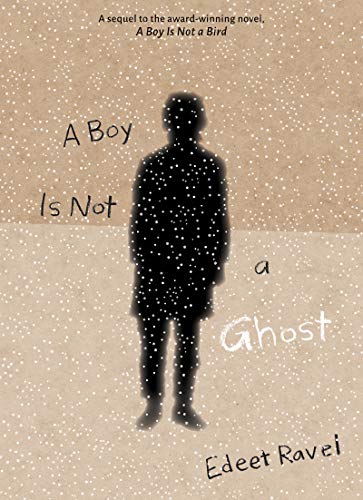A Boy Is Not a Ghost
On the Russian front in 1941, a twelve-year-old boy dreams of having adventures with his best friend. Natt Silver and his mother are crammed into cattle cars alongside thousands of other Eastern Europeans and sent into forced exile in Siberia. While Natt loathes the dank conditions and brutal Siberian winter, he holds onto the hope that they will eventually be reunited with his imprisoned father. But it’s not enough just to wait out their sentence—one by one, Natt’s few remaining family and friends are taken from him, leaving him desperate to survive on his own, afraid of the fate of so many other young children orphaned by Joseph Stalin’s regime.
The second in a duology following Natt Silver’s experiences during World War II, the novel’s activity is chiefly the humble tasks of daily survival in the face of deprivation. Natt learns how to ration food and how to bribe Russian guards for favors. He faces the horrors of watching fellow exiles die around him in the harsh landscape, and yet he strives to help others, learning to code messages and build a network of friends who might be able to help him reunite his parents and escape from Siberia.
Natt’s thoughts are a mixture of boyish adventure-seeking and basic perceptions of the world-changing action happening around him. Telling a story entirely from a child’s perspective is one of the most difficult narrative voices to adopt, and yet Ravel makes the task look easy. This is an unflinching depiction of childhood in wartime that will appeal to young readers ready for stories of survival, global politics, and mature emotional journeys.










